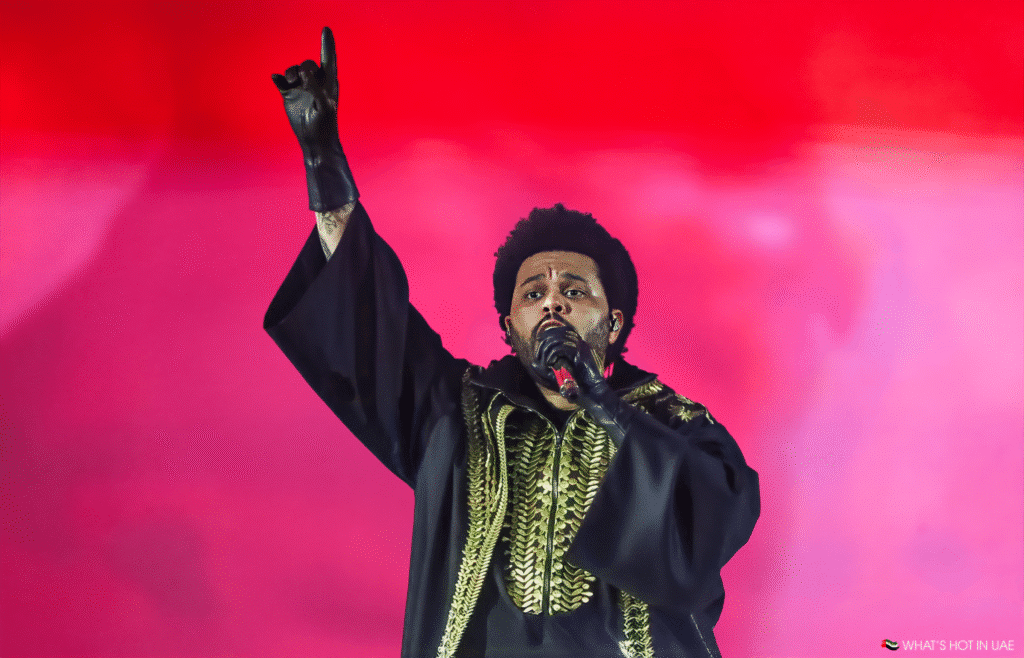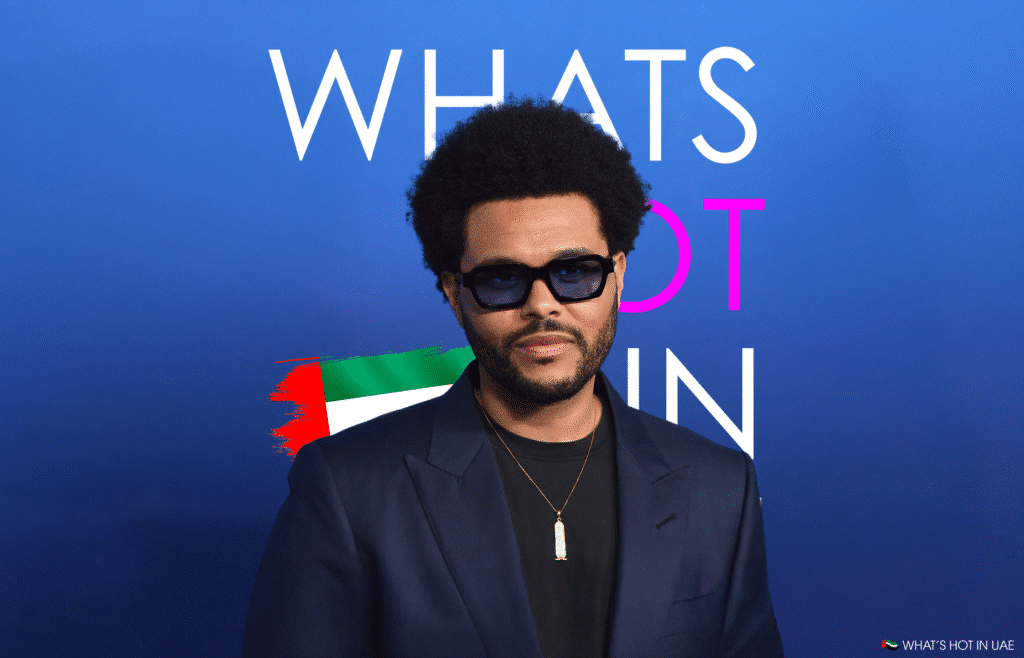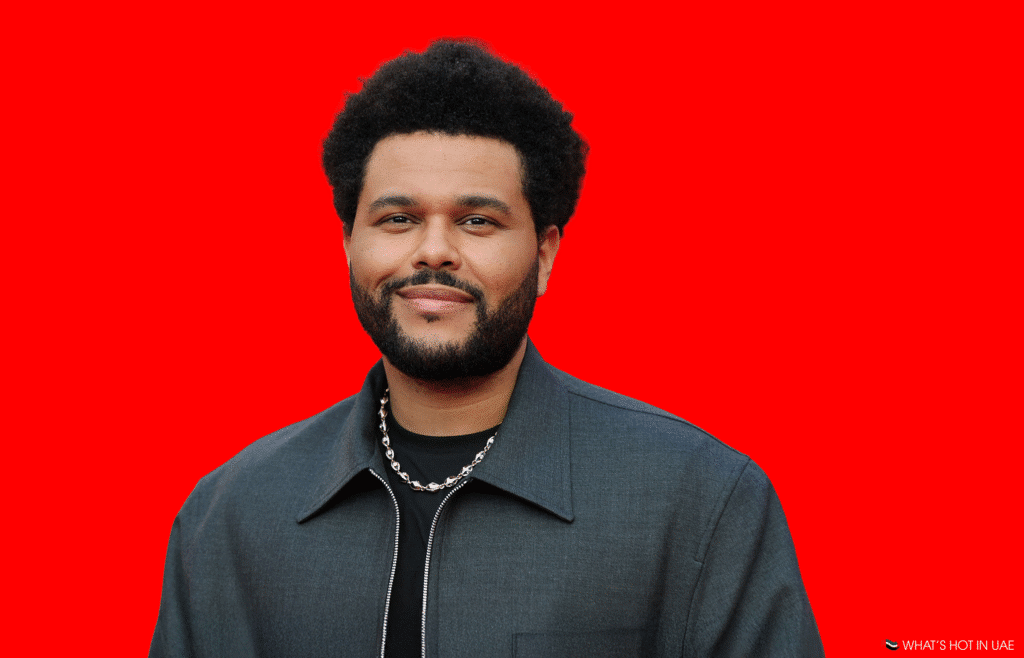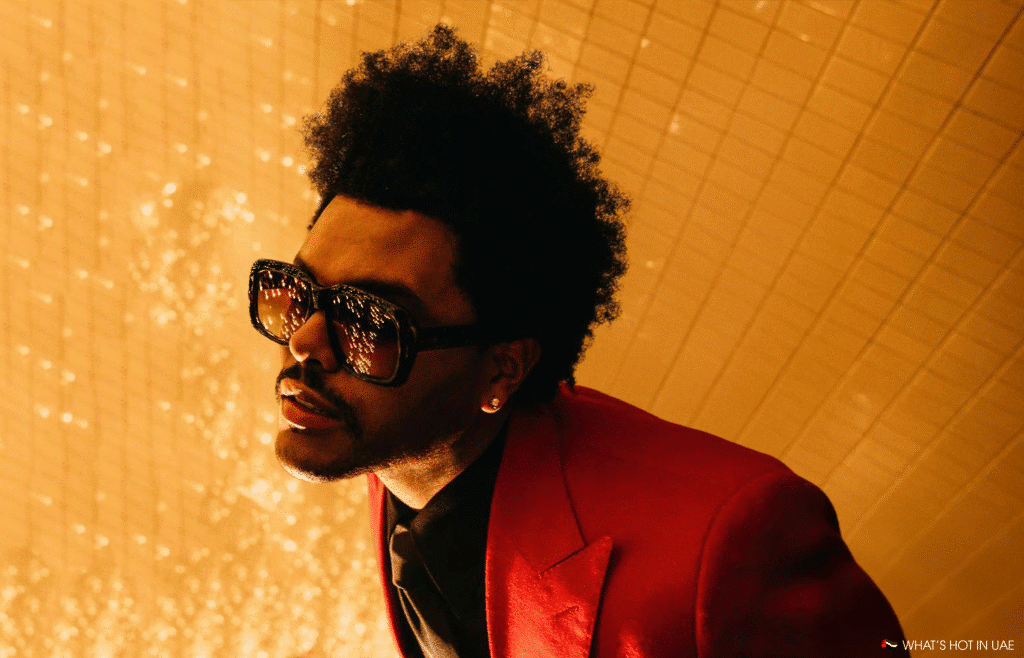Abel Tesfaye just pulled off the ultimate power move that has Wall Street scrambling. The Weeknd 1 billion dollar deal negotiations represent financial wizardry at its finest level. Instead of selling his musical soul like countless artists before him, he’s leveraging it brilliantly.
Bloomberg broke the story that sent shockwaves through entertainment and investment circles worldwide. The Weeknd 1 billion dollar deal could unlock unprecedented capital whilst keeping ownership intact. This isn’t your typical catalogue sale—it’s strategic financing that would make Silicon Valley entrepreneurs jealous.
At 34, Abel Tesfaye demonstrates business acumen that rivals his artistic genius perfectly. The proposed arrangement uses his publishing rights and master recordings as collateral rather than commodity. Wall Street finally recognises music as hard capital with predictable revenue streams.
The Billion Dollar Blueprint Explained
Traditional catalogue sales force artists to choose between immediate cash and long-term control. Bruce Springsteen received $500 million but surrendered ownership of his life’s work permanently. Bob Dylan’s $400 million deal created similar ownership transfer consequences for his legendary compositions.
The Weeknd 1 billion dollar deal flips this conventional wisdom completely on its head. Structured financing allows him to access capital whilst retaining creative and commercial control. His catalogue becomes collateral backing the loan rather than sold asset.
This hybrid approach mirrors venture capital strategies where entrepreneurs leverage equity without diluting ownership. Smart money recognises that The Weeknd’s streaming dominance generates consistent, measurable returns. Over 110 million monthly Spotify listeners translate into reliable revenue projections.
Lyric Capital Group leads these sophisticated negotiations from their New York headquarters. The private equity firm specialises in music rights investments that balance artist interests with investor returns. Their involvement signals Wall Street’s evolved understanding of intellectual property values.

Streaming Dominance Creates Billion Dollar Value
“Blinding Lights” achieved over 4 billion streams, cementing its position amongst history’s most popular songs. The track dominated global charts for months whilst generating massive revenue across multiple platforms. Such numbers justify billion-dollar valuations when projected over decades of copyright protection.
After Hours redefined pop music in 2020 with its retro-futuristic aesthetic and commercial appeal. Dawn FM followed in 2022 as a critically acclaimed concept album showcasing artistic growth. Starboy earned Grammy recognition whilst defining late 2010s pop-rap fusion perfectly.
Trilogy compilation introduced The Weeknd’s signature brooding, cinematic sound to mainstream audiences initially. These foundational releases created the artistic identity that supports today’s commercial empire. Each project builds upon previous successes whilst expanding his cultural influence.
Monthly streaming numbers remain remarkably consistent across different demographic groups and geographical regions. His music transcends cultural barriers whilst maintaining relevance across multiple generations simultaneously. This broad appeal creates stable revenue foundations that financial institutions absolutely love.
Creative Freedom Through Financial Innovation
The Weeknd 1 billion dollar deal provides unprecedented creative freedom without traditional label constraints. Major record companies often demand creative input in exchange for financial backing. This financing structure eliminates such artistic compromises entirely whilst providing necessary capital.
Abel’s recent announcement about retiring The Weeknd stage name coincides perfectly with these negotiations. Creative rebranding requires significant investment in new projects, marketing campaigns, and artistic exploration. The financing deal provides resources for such ambitious transformation without external pressure.
Film scoring, fashion ventures, and technology investments become financially feasible through this arrangement. His capital access rivals that of established entertainment moguls without sacrificing long-term ownership rights. This positions him perfectly for multi-industry expansion over coming decades.
Traditional artist development follows predictable patterns: record deal, album cycle, tour, repeat indefinitely. The Weeknd 1 billion dollar deal breaks this cycle by providing alternative funding sources. Creative decisions become purely artistic rather than financially motivated necessarily.

Wall Street Discovers Music’s Golden Formula
Private equity firms increasingly view music catalogues as alternative investments with attractive risk-return profiles. Streaming revenue provides predictable cash flows that correlate poorly with traditional market volatility. The Weeknd’s consistent performance makes his catalogue particularly attractive to institutional investors.
Music consumption patterns demonstrate remarkable stability during economic uncertainty and market downturns. People continue streaming favourite songs regardless of broader financial conditions affecting other industries. This defensive characteristic appeals to portfolio managers seeking recession-resistant assets.
Copyright protection extends decades beyond artist lifetimes, creating long-term revenue streams that outlast most investments. The Weeknd’s relatively young age means his catalogue could generate returns for over century. Such longevity rarely exists in traditional investment opportunities.
Inflation protection becomes increasingly important as central banks navigate monetary policy challenges. Music royalties typically adjust with broader price levels over time periods. This natural hedge attracts investors concerned about purchasing power erosion.
Industry Precedent That Changes Everything
The Weeknd 1 billion dollar deal could inspire similar arrangements across the entertainment industry completely. Drake, Taylor Swift, and other superstars possess catalogues that would support comparable financing structures. This model provides blueprint for artist-friendly capital raising.
Record labels traditionally controlled artist financing through advance payments and revenue sharing agreements. This new approach reduces label dependency whilst providing artists with greater negotiating leverage. Industry power dynamics shift significantly when artists control their financing independently.
Investment banks develop specialised divisions focused on entertainment asset financing as demand increases. Traditional corporate finance techniques adapt to creative industry requirements effectively. The Weeknd pioneers this evolution through his innovative deal structure.
Legal frameworks expand to accommodate these hybrid ownership-financing arrangements across multiple jurisdictions. International copyright laws must adapt to complex financial structures spanning different countries. The Weeknd’s global appeal requires sophisticated legal coordination.

The Abel Tesfaye Transformation Strategy
Retiring The Weeknd persona represents calculated brand evolution rather than abandonment of successful identity. Abel Tesfaye emerges as multifaceted entrepreneur expanding beyond musical boundaries systematically. The financing deal provides resources for this ambitious personal rebranding campaign.
Fashion collaborations, film projects, and business ventures require substantial upfront investments before generating returns. The Weeknd 1 billion dollar deal eliminates financing constraints that might compromise creative vision. Abel gains freedom to pursue projects based purely on artistic merit.
Social media presence evolves to reflect this broader identity whilst maintaining connection with musical fanbase. Brand partnerships expand beyond traditional music industry boundaries into lifestyle and luxury sectors. His influence translates into commercial opportunities across multiple demographics.
International expansion becomes financially feasible through this capital infusion across different market segments. Abel’s appeal in markets like Dubai, London, and Tokyo justifies global business development investments. Cultural ambassadorship roles emerge naturally from his worldwide recognition.
Dubai’s Music Investment Landscape
The UAE attracts increasing entertainment industry investment as regional cultural hub status grows. Dubai’s strategic location connects Eastern and Western markets for artists like The Weeknd effectively. Local investors understand global music assets’ value within diversified portfolios increasingly.
Regional streaming numbers demonstrate Middle Eastern audiences’ strong preference for international superstars like Abel. The Weeknd’s concert performances in Dubai generate enormous local excitement and media coverage. Such enthusiasm translates into reliable revenue streams that support investment valuations.
Luxury lifestyle branding aligns perfectly with Dubai’s aspirational consumer culture and spending patterns. The Weeknd’s aesthetic resonates with affluent regional demographics seeking premium entertainment experiences. This cultural fit creates additional revenue opportunities beyond traditional music sales.
Future Financial Models Emerge
The Weeknd 1 billion dollar deal establishes template for next-generation artist financing across entertainment industries. Similar structures could apply to film libraries, literary catalogues, and visual art collections. Creative intellectual property becomes recognised asset class deserving professional investment management.
Technology platforms develop sophisticated tools for valuing and monitoring creative asset performance continuously. Artificial intelligence assists in predicting revenue streams based on historical data and market trends. The Weeknd’s deal benefits from such analytical capabilities.
Regulatory frameworks adapt to accommodate these innovative financing structures whilst protecting all stakeholders’ interests. Consumer protection remains paramount as financial products become increasingly complex and interconnected. The Weeknd pioneers responsible innovation in this emerging field.

Cultural Impact Beyond Numbers
The Weeknd 1 billion dollar deal sends powerful message about artistic value recognition in contemporary society. Creative work receives financial respect traditionally reserved for industrial or technological innovations. This validation encourages other artists to value their contributions appropriately.
Younger artists study The Weeknd’s approach as blueprint for building sustainable creative careers. Business education becomes essential component of artistic development in modern entertainment landscape. Financial literacy empowers creators to negotiate from positions of strength.
Global conversations about intellectual property rights benefit from high-profile cases like The Weeknd’s arrangement. Public awareness increases regarding artists’ economic rights and fair compensation principles. Cultural appreciation for creative work deepens through such visibility.
The arrangement demonstrates that artistic integrity and commercial success can coexist harmoniously when properly structured. The Weeknd maintains creative control whilst accessing capital markets previously dominated by traditional industries. This balance inspires other artists to pursue similar paths.
His success story resonates particularly strongly with immigrant communities and young entrepreneurs worldwide. Abel’s Ethiopian-Canadian heritage adds inspirational dimension to his business achievements beyond entertainment. Cultural representation matters in high-finance sectors traditionally lacking diversity.
The Weeknd 1 billion dollar deal ultimately represents evolution in how society values and finances creative expression. Art becomes recognised as serious business worthy of sophisticated financial engineering. Abel Tesfaye leads this transformation through vision, talent, and strategic thinking.
TL/DR:
What makes The Weeknd 1 billion dollar deal different from other artist sales?
The Weeknd 1 billion dollar deal uses his catalogue as collateral for financing rather than selling ownership outright. Unlike Bruce Springsteen’s $500 million sale or Bob Dylan’s $400 million deal, Abel retains control whilst accessing capital. This innovative structure provides liquidity without sacrificing long-term ownership rights.
Who is financing The Weeknd 1 billion dollar deal negotiations?
Lyric Capital Group, a New York-based private equity firm specialising in music rights investments, leads The Weeknd 1 billion dollar deal discussions. The company structures agreements that balance artist interests with investor returns. Their involvement signals Wall Street’s recognition of music as serious investment asset.
How does The Weeknd 1 billion dollar deal affect his creative freedom?
The Weeknd 1 billion dollar deal actually increases his creative freedom by providing capital without traditional label constraints. Abel can pursue film projects, fashion ventures, and his planned stage name retirement without external pressure. The financing eliminates dependence on record company advances or creative compromises.
Why is The Weeknd 1 billion dollar deal significant for other artists?
The Weeknd 1 billion dollar deal establishes precedent for artist-friendly financing that maintains ownership control. This model could inspire similar arrangements for Drake, Taylor Swift, and other superstars with valuable catalogues. The deal demonstrates artists can access Wall Street capital without selling their life’s work permanently.



